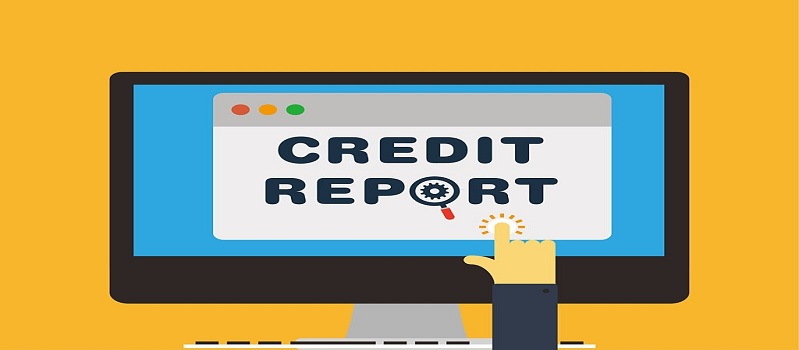
When you borrow money, your lender will look at your credit report to check your credit score. The higher the credit score, the better. A credit score reflects your commitment to your financial obligations. The higher the credit score, the better it is.
This is because it shows that you have been very loyal to your financial obligations. A stellar credit report minimises the risk of the lender lending you money. Of course, the money they lend you belongs to them, and they would want it back.
If your credit file has no flaws, it proves to them you have always been obliged to your financial obligations, and you will never make a default. This is why they will lend you money at a lower interest rate.
Whether you need to take out a long-term loan or a small loan like 24-hour loans in Ireland, the lender will look at your credit rating, But unfortunately, most of the time, your credit file fails to prove your commitment.
As a result, you end up paying more money in interest. Some people live under the impression that they already have a good credit score and do not face any problems while borrowing money.
There are some situations when you can have a blemished credit report without your wrongdoings. This is the case of identity theft. Well, whether it is just because of mistakes that happened while maintaining your records or it was your financial irresponsibility, you should try to reverse the flaws showing up in your credit file as soon as possible.
A bad credit score can make it very challenging for you to borrow money at lower interest rates. People have stopped bothering about poor credit ratings because bad credit loans with instant decision in Ireland are readily available out there.
Though you can get money this instant despite a less-than-perfect credit score, it will cost you a fortune because of high-interest rates. If you have a bad credit rating, you should always try to reverse your credit score so that you can borrow money at lower interest rates. Here is what you can do:
If you want to improve your credit score, you should always try to pay all your bills on time. What has happened has happened, but you should step up to the plate now. Whether it is just a small loan or credit card bill, try to pay them off on the due date.
If you have multiple debts, it can be challenging to stick to the due date of each debt. As a result, you can fall behind payments. The best way to avoid falling through the cracks is to mark all due dates on the calendar to know when you have to pay off which debt.
Use your mobile phone to set reminders, so it sends your notification on the due date. If this method does not work, you should enrol for an automatic debit mode. As the due date comes, the lender will automatically withdraw the due amount from your bank account. However, make sure that your bank account has enough money.
Sometimes your credit report has some erroneous information that can affect your credit score badly. Mistakes do happen. This is why it is suggested that you occasionally check your credit report. Be watchful, and if you spot some wrong information, you should dispute it. The Irish Credit Bureau can take a couple of days to investigate and remove wrong information.
It is not surprising that you max out your credit cards just because of funding your personal needs. When you max it out, it shows the lender that you rely on credit even for your regular expenses. Further, it increases the credit utilisation ratio, and as a result, you get money at very high-interest rates.
If you use your credit card for any purchase, you should pay off the balance within the interest-free period. It is good if you have settled your balance by the time you put in the loan application. However, if you have some outstanding balance, make sure that you have not utilised it more than 30%.
It is crucial to avoid borrowing to reverse the damage in your credit report. If you keep borrowing money to fund your everyday needs, you will further damage your credit score.
You should try to avoid borrowing money for any reason other than an emergency. Experts suggest borrowing money is apt when you need it for urgent reasons. If you have come up with an emergency and cannot postpone it, this is the ideal time to borrow money. Otherwise, you should not.
However, you can take out a loan to improve your credit rating. Even though you have settled all of your current debts, your credit score will remain poor, and that reflects for a long time in your Credit File. This is why you should try to take out an instalment loan.
Although you will get money at high-interest rates, you can boost your credit score by paying down monthly instalments on time. Note that you can improve your credit score only if you pay down the debt over an extended period.
Small loans cannot help you reverse your bad credit score impact even though you manage to pay off the debt on time. This is because one lump sum payment is not enough to tell that you will be able to be committed toward your financial obligation.
Reversing the impact of poor credit scores can be challenging, but this is necessary. This can improve your chances of borrowing money at affordable interest rates down the line.
Make sure that you pay off all your bills on time, and you periodically check your credit file to know if there are any discrepancies, and if so, you should get it rectified.